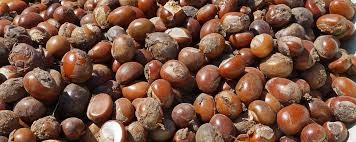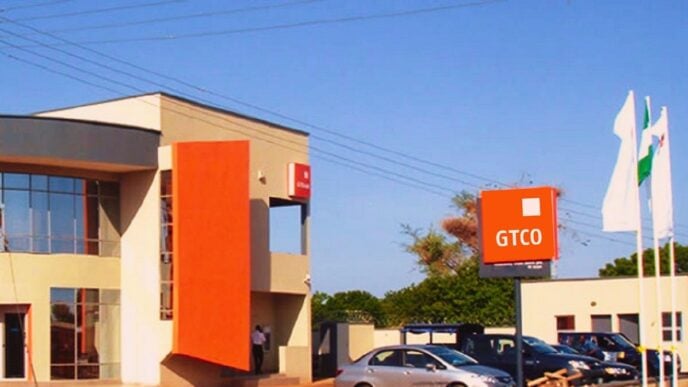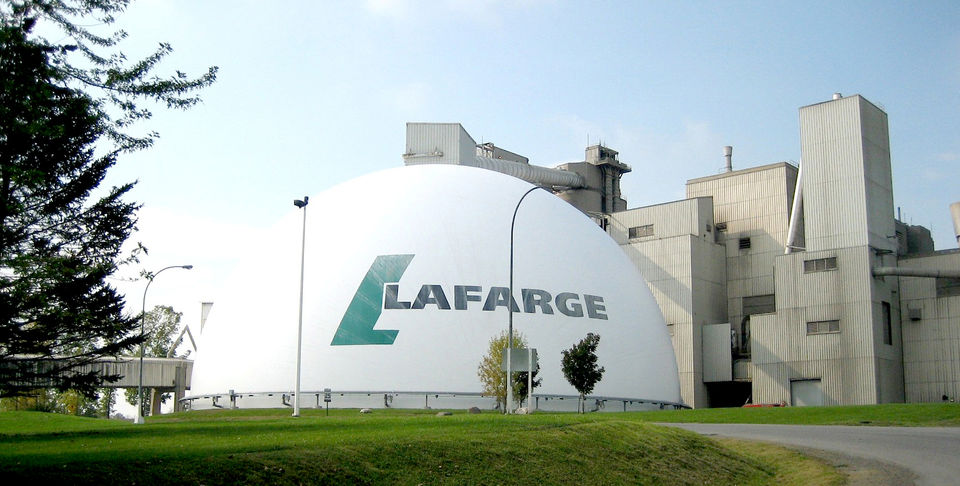The Alliance for Economic Research and Ethics LTD/GTE has asked the federal government to purchase all current raw shea nut output and unsold stock to mitigate the effect of the six-month temporary export ban.
Dele Oye, the group’s chairman, commended the government’s policy in a statement on Thursday.
However, he cautioned that immediate policy reversals without adequate transition and sector-wide consultation would undermine ongoing commitments, investment plans, and the livelihoods of many members of its alliance trade networks.
“We must commend the government’s policy direction on Nigerian Shea Nut Industrialisation which will encourage local processing and value addition to a potential $6.6bn industry,” Oye said.
Advertisement
“It is a positive and strategic step toward industrialisation, rural transformation, and gender empowerment.
“It aligns with the president’s long-term industrial policy goals to key into Africa’s regional value chains.”
Oye said the alliance seeks clarification and direction from President Bola Tinubu to ensure the effective implementation of his policies.
Advertisement
“Communication and information on financing, workforce training, technical assistance, upgrading local processing facilities and other options available to support the transition process by relevant government agencies is vital,” he said.
“Staged implementation to avoid disruption/losses on existing local and international shea nut contracts.
“For many exporters and processors, this six-month window is a critical phase for capital recovery and project ramp-up.
“For Nigeria to succeed in Shea Nut Industrialisation, the policy must mitigate the risk of capacity constraints and supply gaps.
Advertisement
“Given the perishable nature of agricultural products and the limited shea nut processing capacity, government will have to step in to purchase all the current raw output and unsold stock. Then government can sell to willing processors.”
‘GOVERNMENT SUPPORT DRIVES NATION-FIRST INDUSTRIALISATION’
The chairman said the success of other countries implementing a nation-first industrialisation approach has been benchmarked on government support.
“This government purchase support will be a welcome intervention for the informal sector by providing robust transition support, avoiding smuggling, improving compliance and revenue collection,” he stated.
“It is also a profitable venture for government. For international trade relations, Nigeria still hopes to export processed shea nut butter and products to the same export markets.
Advertisement
“For this reason, sustaining Nigeria’s standing in global markets, bilateral engagements particularly with partner countries seeking stable predictable policy environments is important.”
Oye said a phased consultative approach allows processors, exporters, and financial institutions to upgrade and transition smoothly to meet export standards while preserving existing commitments.
Advertisement
“There are existing case studies from Malaysia, Indonesia, India and closer home in Ghana,” he said.
“Ghana’s planned approach to similar policy shifts thereby allowing producers to adjust, upgrade, and meet new standards without abruptly terminating existing engagements.”
Advertisement
He said the group is appealing for a defined transition period with explicit targets for processing capacity, quality standards, and export diversification that protect ongoing contracts and vulnerable stakeholders in the value chain.
Advertisement








